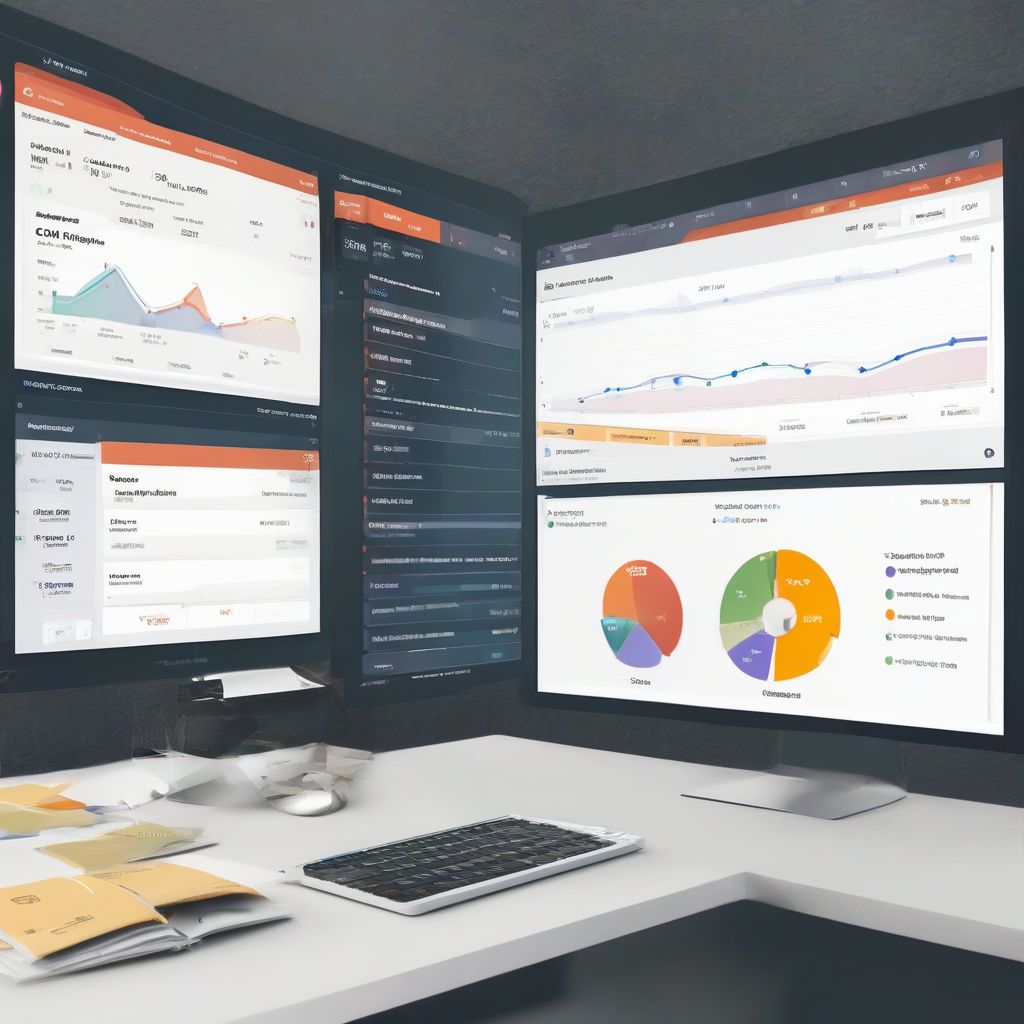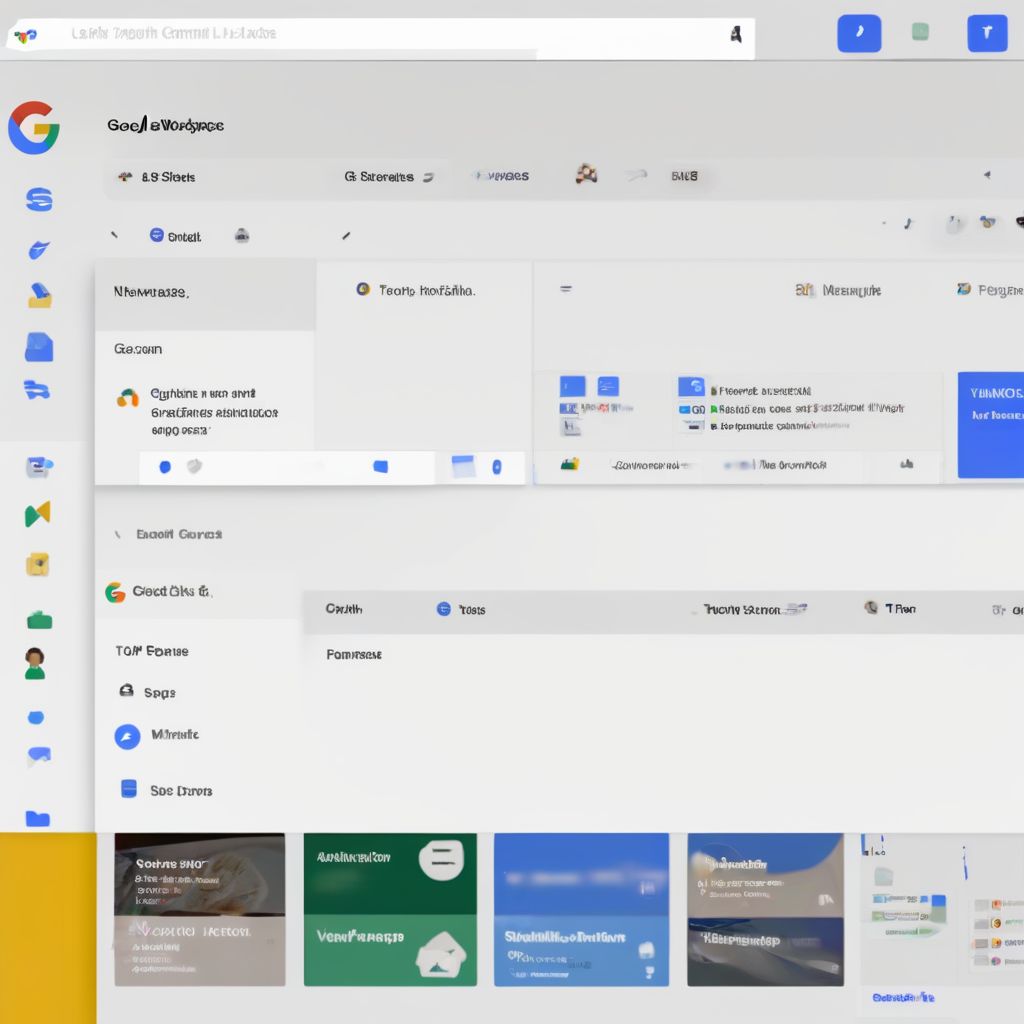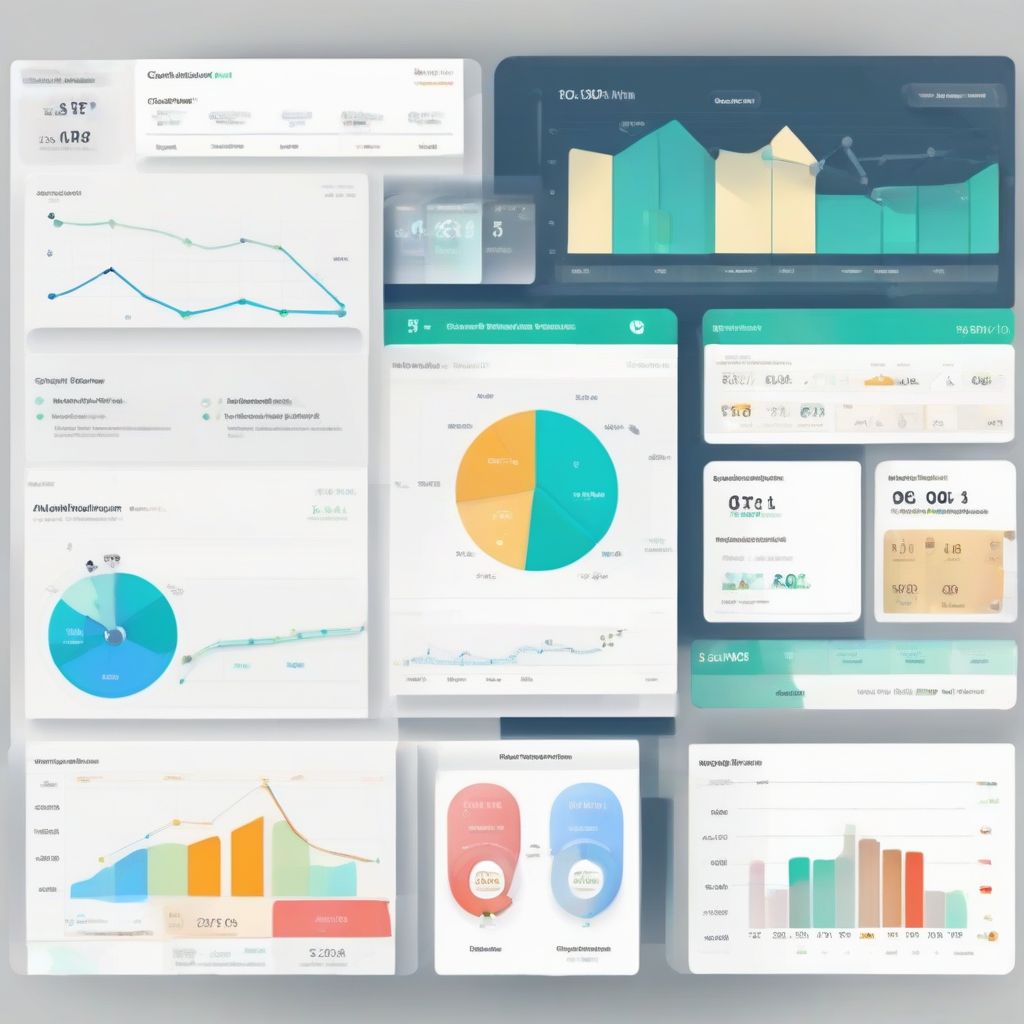In today’s competitive business landscape, having a powerful CRM (Customer Relationship Management) system is no longer a luxury, but a necessity. A top-tier CRM for sales can be a game-changer, streamlining your processes, boosting productivity, and ultimately, driving revenue growth. But with so many options available, finding the best CRM for your unique needs can feel like navigating a maze.
This comprehensive guide is here to be your compass. We’ll delve into the world of CRMs, exploring the key features to look for, answering common questions, and highlighting some of the top contenders in the market.
Understanding the Power of a CRM for Sales
Before we dive into the specifics, let’s clarify what a CRM for sales actually does. Essentially, it’s a centralized system for managing all interactions with your prospects and customers throughout the entire sales journey.
Think of it as your sales team’s secret weapon – a tool that empowers you to:
- Centralize customer data: No more scattered spreadsheets or sticky notes. A CRM keeps all customer information in one easily accessible place.
- Track leads effectively: From initial contact to closing the deal, monitor the progress of every lead and identify promising opportunities.
- Automate sales tasks: Streamline repetitive tasks like sending emails, scheduling appointments, and generating reports.
- Improve sales forecasting: Gain valuable insights into sales trends and make data-driven predictions for the future.
- Boost customer satisfaction: By having a 360-degree view of your customers, you can personalize interactions and provide exceptional service.
Key Considerations When Choosing a CRM
Not all CRMs are created equal. When making your decision, consider these crucial factors:
1. Your Business Size and Industry: A CRM perfect for a small startup might not meet the needs of a large enterprise. Similarly, industry-specific solutions cater to unique workflows and challenges.
2. Essential Features: Prioritize features that align with your sales goals, such as contact management, lead scoring, sales automation, reporting and analytics, and integrations with existing tools.
3. Ease of Use: A user-friendly interface with intuitive navigation is crucial for adoption and efficient use by your sales team.
4. Pricing and Scalability: Evaluate pricing plans carefully, considering potential growth. Ensure the CRM can scale to accommodate your future needs.
5. Integrations: Seamless integration with your existing marketing, customer support, and other business tools can significantly enhance productivity.
 CRM Dashboard
CRM Dashboard
Addressing Your CRM Questions
Navigating the world of CRMs often comes with a host of questions. Let’s address some of the most common ones:
1. What is the best CRM for small businesses?
Several affordable yet powerful options cater specifically to small businesses, such as HubSpot CRM, Zoho CRM, and Pipedrive.
2. What is the Best Crm For Sales teams using Gmail?
If your team relies heavily on Gmail, consider options with robust Gmail integrations, like Salesforce Sales Cloud, Pipedrive, or Zoho CRM.
3. What are the benefits of using a cloud-based CRM?
Cloud-based CRMs offer accessibility from anywhere, automatic updates, and eliminate the need for costly hardware or IT maintenance.
The Importance of LSI Keywords in Your CRM Search
When researching CRMs, using LSI (Latent Semantic Indexing) keywords can refine your search and yield more relevant results.
For example, instead of just searching for “best CRM,” try incorporating LSI keywords like:
- Sales force automation software
- Customer relationship management tools
- Lead management solutions
- Sales pipeline management software
These terms help search engines understand your intent and provide more targeted results.
In Conclusion: Choosing the Right CRM for Sales Success
Investing in the best CRM for your sales team is an investment in your business’s growth. By carefully considering your needs, researching different options, and leveraging the power of LSI keywords, you can find the perfect CRM to streamline your sales process, boost productivity, and ultimately, drive revenue.
Do you have any other questions about CRMs for sales? Share your thoughts in the comments below!


